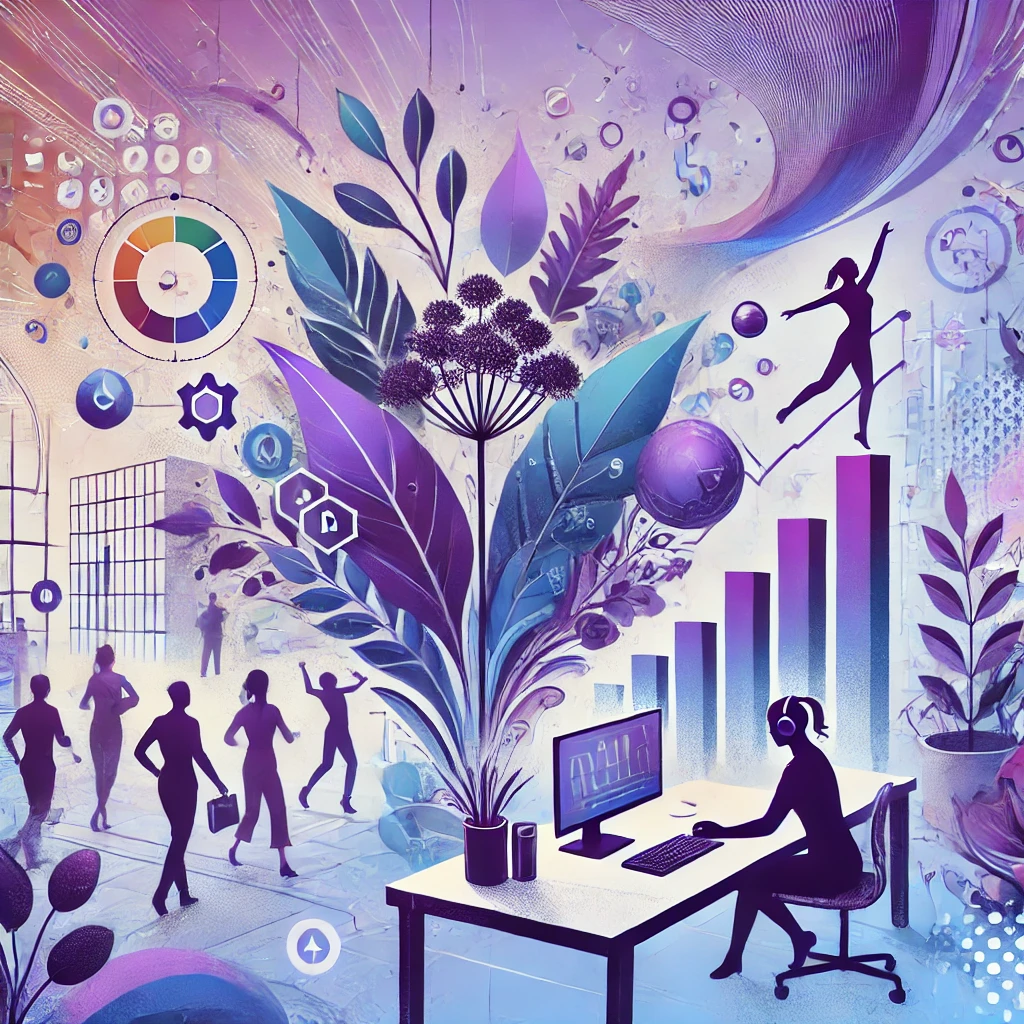HR Automation: Building the Bridge to Better Work-Life Balance
In the ever-evolving landscape of the modern workplace, HR automation has emerged as a beacon of efficiency, reshaping the human resources domain. But beyond streamlining processes, it holds the potential to significantly enhance employee satisfaction. As we delve into this synergy, let’s uncover how the intelligent application of automation can lead to a more content and fulfilled workforce.
The Human Touch in Automation:
While automation may conjure images of cold machinery replacing human interaction. The reality in HR is quite the opposite. Automated systems free up time for HR professionals to provide a more personalized touch. By reducing the burden of administrative tasks, HR can focus on employee engagement strategies, career development conversations, and personal check-ins. All of these are key contributors to employee satisfaction.
HR Automation for Data-Driven Satisfaction:
HR automation provides a wealth of data that can be leveraged to gauge employee morale and satisfaction. Sophisticated analytics can identify patterns and trends in employee behavior. That enables HR to tailor initiatives that resonate on an individual level. This data-driven approach ensures that actions taken are not just well-intentioned but are also effective and targeted.
An interesting fact about employee well-being data. A 2023 Deloitte and Workplace Intelligence survey reveals a discrepancy in perceptions: 77% of executives think employee well-being improved last year, but only 33% of employees agree.

Onboarding with Ease:
The onboarding experience often sets the tone for an employee’s journey within an organization. Automation can transform this critical phase into a seamless and welcoming process. From automated document processing to setting up IT accounts, a smooth onboarding process can significantly boost an employee’s initial perception of the company, laying the groundwork for long-term satisfaction.
Continuous Learning and Development with HR Automation:
HR automation tools can facilitate continuous learning and development opportunities for employees. With access to online courses, training programs, and development plans at their fingertips, employees feel empowered and valued. This not only aids in their professional growth but also fosters a sense of loyalty and satisfaction with their employer.
Feedback Loops and Recognition:
Automated feedback systems allow for regular and real-time recognition of employee achievements. This instant acknowledgment can boost morale and satisfaction significantly. Moreover, continuous feedback loops provide employees with a platform to voice their opinions and concerns, ensuring they feel heard and appreciated.
Work-Life Balance:
Automation of HR tasks can lead to more flexible work arrangements. With systems in place that allow for remote work and flexible hours, employees can achieve a better work-life balance, which is a critical component of job satisfaction.
To enhance soft skills like collaboration and communication while at home, 67% of organizations had fast-tracked their AI and automation tools during Covid-19, as per McKinsey.
Conclusion:
As we navigate the complexities of employee satisfaction, HR automation stands out not as a replacement for the human element, but as its enhancer. By embracing the capabilities of automation, HR can create a more engaging, responsive, and satisfying work environment. The future of HR is not just automated; it’s human-centric, data-informed, and satisfaction-driven.
Gain valuable insights by reading our article “Navigating the Maze: Understanding the Challenges of HR Technology Implementation,” where we dissect the complexities involved in deploying HR automation for an enriching work experience.









